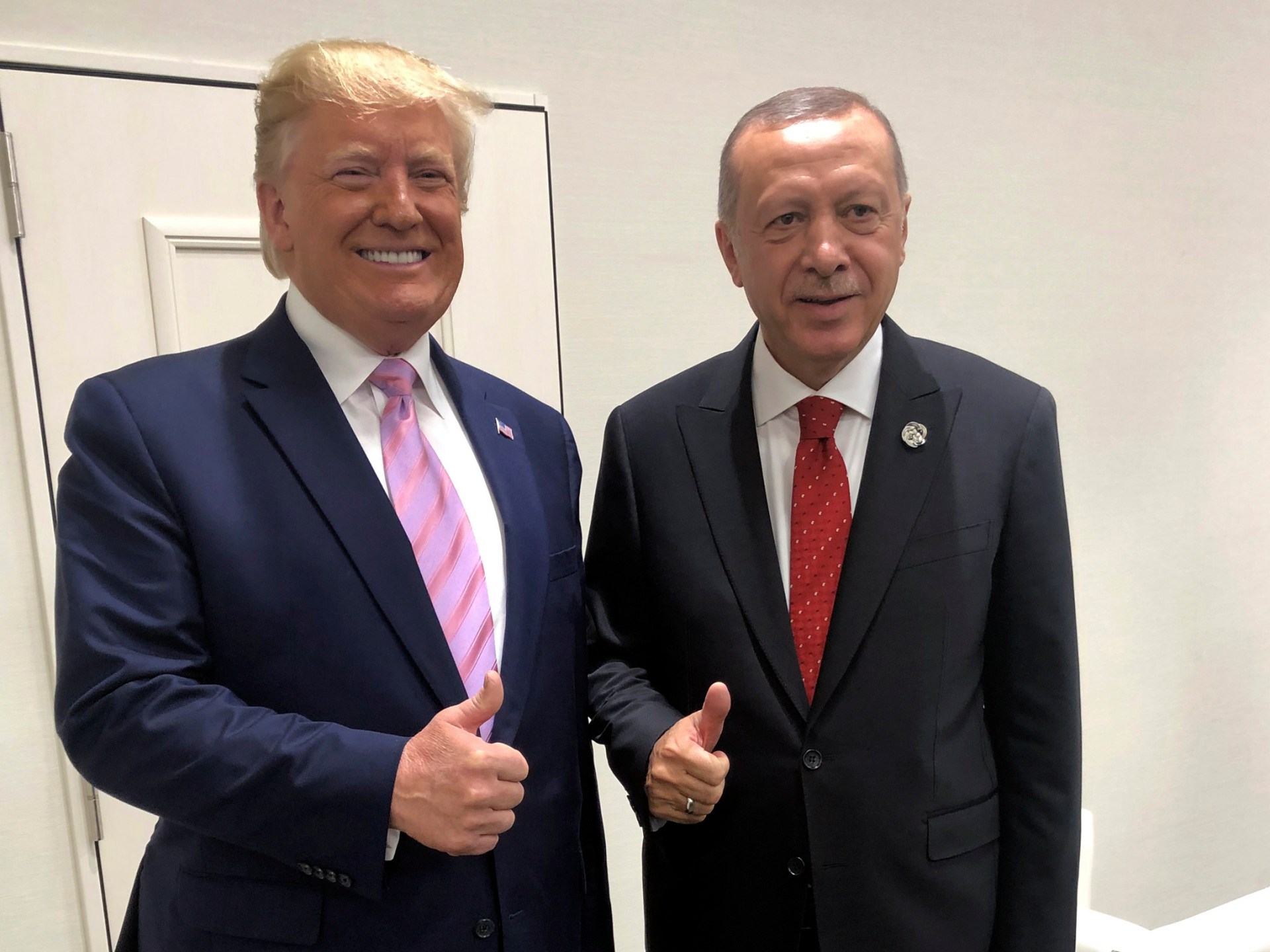Diplomatic Breakthrough: Trump and Erdogan Forge Closer Ties in High-Stakes Phone Call

In a diplomatic overture aimed at resolving the ongoing conflict, US President Donald Trump has expressed his commitment to collaborating with Turkish President Recep Tayyip Erdogan to help bring an end to Russia's devastating war in Ukraine. The potential partnership signals a renewed diplomatic effort to de-escalate tensions and seek a peaceful resolution to the prolonged military engagement.
Trump's willingness to work alongside Turkey's leadership suggests a strategic approach to mediating the complex geopolitical crisis, leveraging diplomatic channels to potentially broker a breakthrough in the ongoing conflict. By engaging Turkey, a key regional player with significant influence, the United States hopes to explore new avenues for dialogue and conflict resolution.
The proposed collaboration underscores the importance of international cooperation in addressing global security challenges and highlights the potential for diplomatic solutions in resolving military confrontations.
